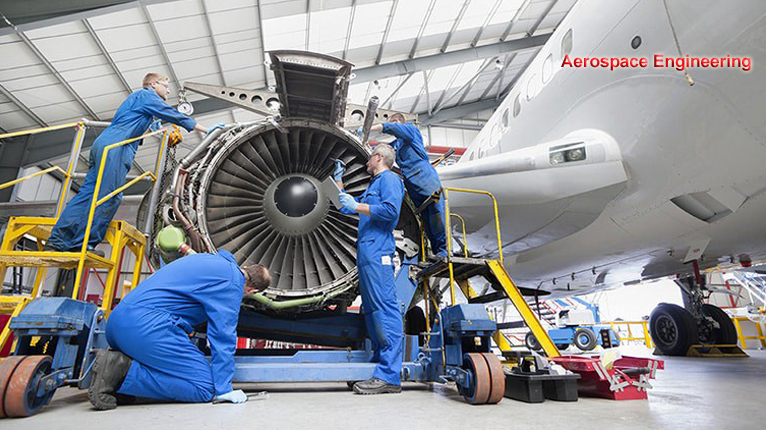Aerospace Engineering: Subjects, Courses Eligibility, Syllabus, Colleges, Admission Process, Fees, Career Opportunities

What Is Aerospace Engineering?
Do airplanes or spacecraft fascinate you? Do you dream of designing them? If yes, then aerospace engineering is the field for you to build a career. Aerospace engineering study includes the designing, construction, and maintenance of aircraft, spacecraft, missiles etc. Covering a wide range of topics, the students acquire knowledge of flight safety measures, efficient use of fuel, costs of operating flight, the impact of environmental conditions, etc. in the aerospace engineering course.
The job of an Aerospace Engineer is to do research, conduct performance testing, and launch airplanes (commercial and military), weapon systems, spacecraft, and satellites. Aerospace engineers work towards the improvement of flight safety & fuel efficiency. They design & develop control systems and keep on analyzing new materials and advanced technologies to introduce innovative products that meet the needs of new-age customers. And they also ensure that these innovations work wonderfully to reduce the environmental impact of air travel.
Contents
- 1 What Is Aerospace Engineering?
- 2 New Environment, New Technology Require Innovative Minds
- 3 Key skills needed for Aerospace Engineering
- 4 Courses in Aerospace Engineering and Eligibility Criteria
- 5 Courses available in aerospace engineering:
- 6 Admission Criteria to get admission in Aerospace Engineering Courses
- 7 Top Aerospace Engineering Colleges in India
- 8 Aerospace Engineering Entrance Exams
- 9 Career and Scope in Aerospace Engineering
- 10 Conclusion
New Environment, New Technology Require Innovative Minds
Our requirements are changing and so is the technology. With time, technology has evolved manifolds. From The Wright Brothers’ aircraft invention, technology has tremendously advanced & engineering has expanded phenomenally. The scope has widened to include military operations, planes for commercial travel, and space commute. We never know if it may in the future also include interstellar travel.
The structural design of all these aircraft has changed over the years. Climate change is a big threat to our environment and it is challenging organizations to gear up and develop planes and spacecraft with reduced impact on the environment. Hence, as an Aerospace Engineer, your innovations can bring revolution in the field with the introduction of humankind’s next big thing in travel. The field requires new ways of thinking as our travel style and environment have changed.
Aerospace Engineering has 2 main branches or specializations:
- Aeronautical Engineering – It includes the designing of airplanes, aircraft, helicopters and jets
- Astronautical Engineering – It includes the designing of spacecraft, satellites, and rockets etc.
The study of aerospace engineering will help the students understanding how to develop new flight technology and a thorough understanding of aerospace science. The professionals in this field are vital to technological innovations in the new era and are much in demand.
Key skills needed for Aerospace Engineering
If you want to make a difference in this field then you should possess the following essential skills:
| Strong analytical & problem-solving skills | Creative and out of the box thinking | Communication skills |
| Strong mathematics and Mechanics | Technical Expertise | Scientific acumen |
| Detail-oriented | Ability to work under pressure | Team player |
Courses in Aerospace Engineering and Eligibility Criteria
To pursue aerospace engineering courses, candidates must have a good hold on the subjects – mathematics, physics, and chemistry. The Science stream candidates with a good percentage can select the field after completing 10+2.
| Stream | Graduation | Postgraduation | Doctorate |
| Pass class XII with Science Stream and with subject Maths | DoB.Tech in Aerospace Engineering for 4 years | DoM.Tech for 2-3 years | Do Ph.D. for 2 years |
Courses available in aerospace engineering:
- Polytechnic Diploma Course: The course duration is 3 years and the candidate can enroll after completing 10th or 10+2 examinations.
- Undergraduate Degree Course: The candidate can enroll for BE/B.Tech courses, four years duration after 10+2 examination.
- Postgraduate Degree Course: The candidate can enroll for ME/M.Tech courses, two years duration after the completion of UG degree in engineering.
- Doctoral Degree Course: The candidate can enroll for the Ph.D. one to two years of duration after the completion of PG degree in aerospace engineering.
Admission Criteria to get admission in Aerospace Engineering Courses
- For taking admission in Aerospace Engineering, the minimum eligibility criteria are 10+2 pass with a minimum of 60 percent marks in the Science stream (Physics, Chemistry, and Mathematics).
- GATE score is required to get admission in the postgraduate and doctoral courses.
- Engineering candidates with three-four years degree; candidates with a technical diploma; five-year Architecture, postgraduates in Mathematics/Science/Statistics/Computer Applications candidates are also eligible to pursue Aerospace Engineering courses.
- For candidates aspiring to join NASA in the United States, you should know that NASA recommends a degree in varied disciplines, including Biomedical Engineering, Ceramic Engineering, Chemistry, Industrial Engineering, Materials Engineering, Metallurgy, Optical Engineering, and Oceanography. Ph.D. is recommended to join NASA.
Top Aerospace Engineering Colleges in India
- Indian Institute of Technology, IIT – Bombay
- Indian Institute of Technology, Madras
- Indian Institute of Space Science and Technology, Thiruvananthapuram
- Manipal Institute of Technology, MIT – Manipal
- Amity School of Engineering Amity-Noida
- SRM Institute of Science and Technology, Chennai
- Dayananda Sagar University, Bangalore
- RV College of Engineering, Bangalore
- Lovely Professional University, LPU – Jalandhar
- BMS College of Engineering, Bangalore
- School of Engineering, UPES, Dehradun
- Punjab Engineering College, Chandigarh
- Nitte Meenakshi Institute of Technology, Bangalore
- MS Ramaiah University of Applied Sciences, Bangalore
- Kalinga Institute of Industrial Technology, Bhubaneshwar
- BS Abdur Rahman Crescent Institute of Science and Technology, Chennai
- Defence Institute of Advanced Technology, Pune
Aerospace Engineering Entrance Exams
Undergraduate Courses
- Joint Entrance Examination Main – JEE Main
- Joint Entrance Examination Advanced – JEE Advanced
- National Engineering Aptitude Test – NEAT/NAT
- Birla Institute of Technology and Science Admission – BITSAT
- Education Promotion Society of India National Admission Test – ENAT
- Vellore Institute of Technology Engineering Entrance Exam – VITEEE
- University of Delhi Combined Entrance Exam – DUCET
- Consortium Medical, Engineering & Dental Colleges of Karnataka – COMEDK
- Admission Test for ICFAI Science & Technology – ATIT
- Indian Institute of Space & Technology Admission Test – ISAT
- Combined Written Admission Test – CWAT
- SRM University Engineering Exam – SRMUEE
- Manipal University Online Entrance Exam
- Indraprastha University Common Entrance Test – IPU CET
Postgraduate Courses
- Graduate Aptitude Test in Engineering (GATE) (Postgraduate)
Career and Scope in Aerospace Engineering
Aerospace Engineering opens up a bright career for the students of this field. You can work in the air force as a flight engineer or as an aircraft engineer in the aviation industry. The opportunities are endless both in national and international space in institutions/organizations like NASA, ISRO, DRDO, HAL, NAL, MRO, and many more. The professionals in the field get good remuneration as well.
Qualified and trained candidates are required everywhere be it government or private aviation organizations including aircraft & spacecraft manufacturing and testing units. The job profile is not restricted to the above industries and also has immense scope in turbines, high-speed trains, and flying gadgets, etc.
Conclusion
If you have a zeal to research and introducing technological innovations, the Aerospace Engineering field is waiting for you. A career in aeronautical engineering is challenging and demands innovative thinking. Needless to say, lucrative opportunities are available at the national and international level after doing a course in Aeronautical engineering. It is a good-paying job. Give wings to your career in Aerospace Engineering.
